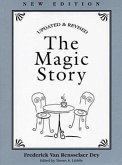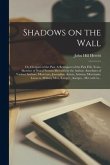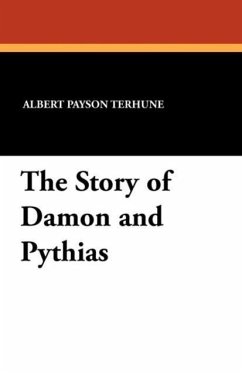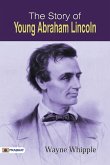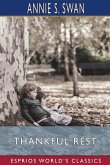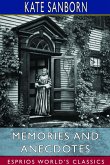Arlo Bates (December 16, 1850 - August 25, 1918) was an American author, educator and newspaperman. Arlo Bates was born at East Machias, Maine. He graduated from Bowdoin College in 1876. In 1880 Bates became the editor of the Boston Sunday Courier (1880-1893) and afterward became professor of English at the Massachusetts Institute of Technology. He was elected a Fellow of the American Academy of Arts and Sciences in 1900.
Hinweis: Dieser Artikel kann nur an eine deutsche Lieferadresse ausgeliefert werden.
Hinweis: Dieser Artikel kann nur an eine deutsche Lieferadresse ausgeliefert werden.



